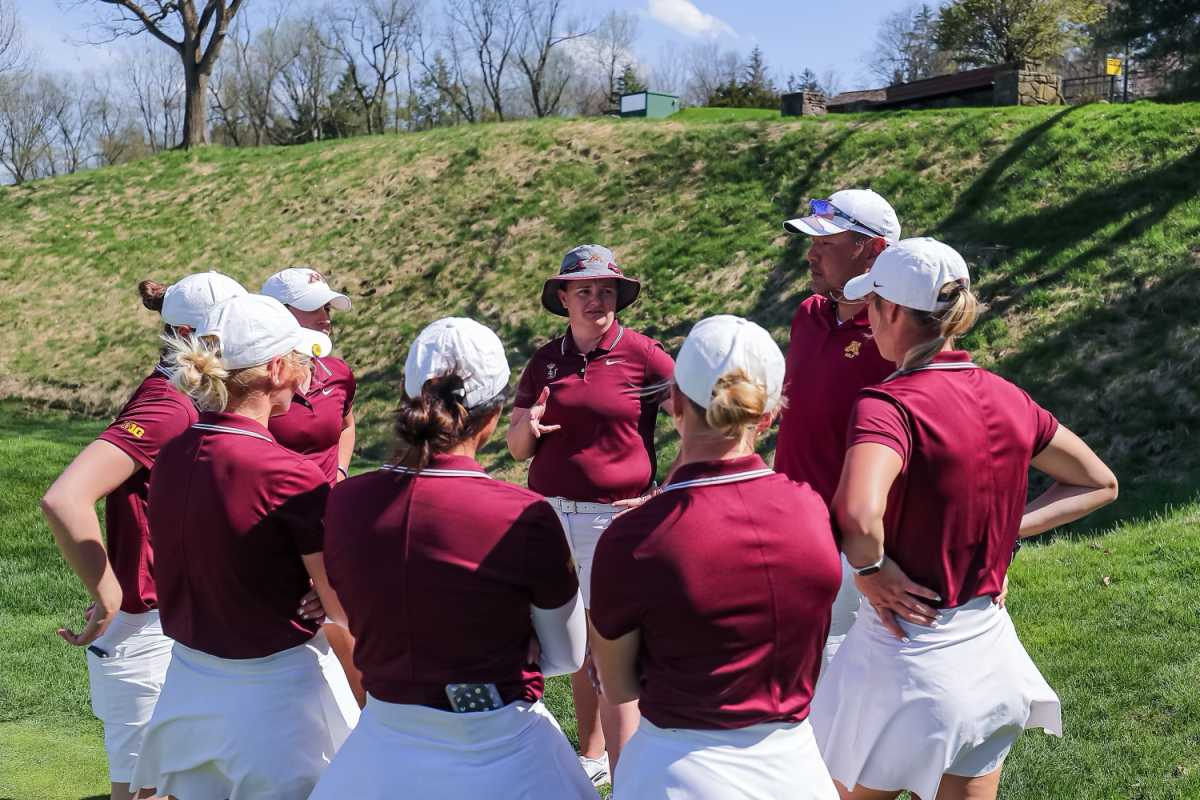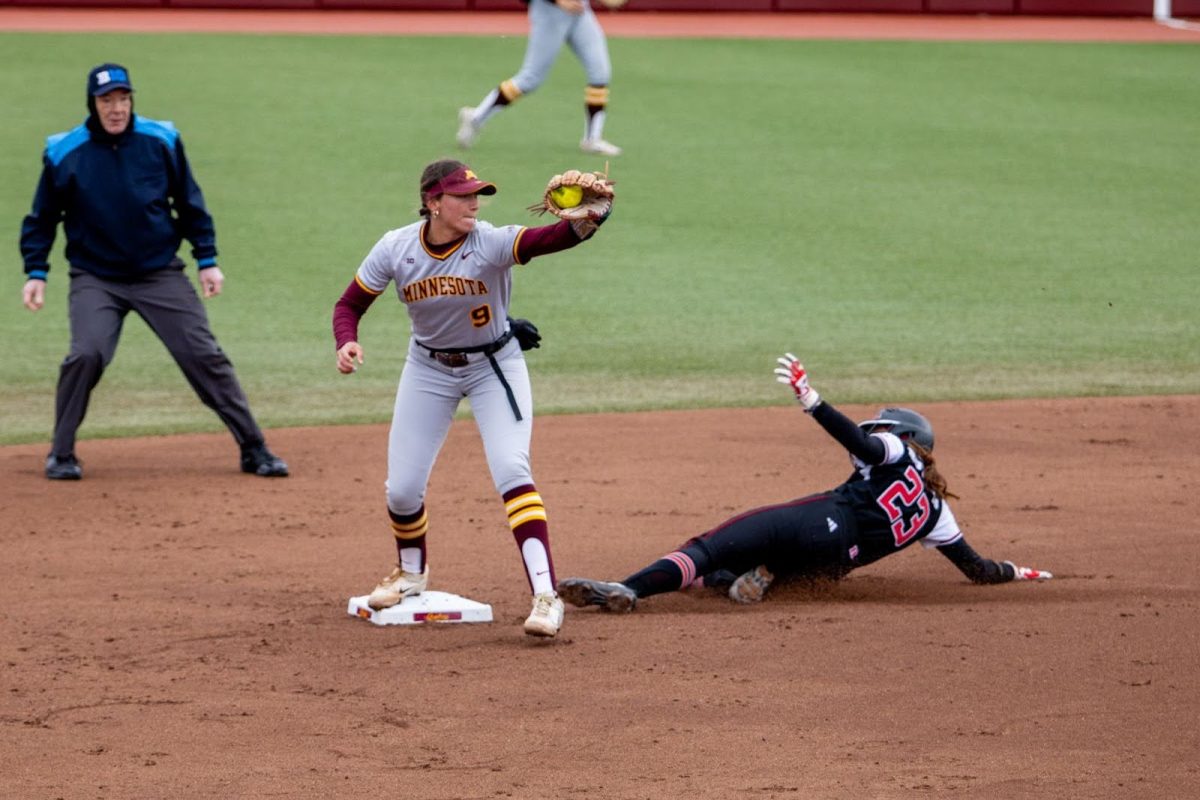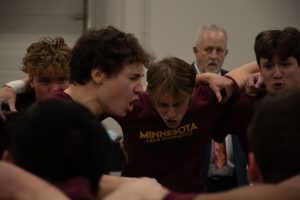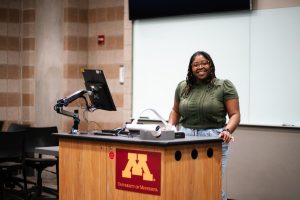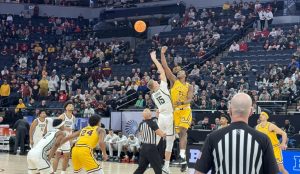Wendy Harbour, a graduate student in higher education, gradually became deaf six years ago. However, being deaf didn’t stop her from doing what she loves to do — playing the piano.
“Even after I became deaf, I still had music in my head,” said Harbour, who has been playing piano since she was 3 years old.
As an artist in her mid-20s, she performed Wednesday at the Disability Cafe, a showcase event involving six artists who read poetry and novels, performed skits and played music. More than 30 people attended the event at the St. Paul Student Center.
“A Disability Cafe is a way to begin to bring people with disabilities together to experience community and culture,” said Sue Kroeger, director of Disability Services at the University. “This is very provocative, something that you wouldn’t find all over the country. It is an essential part to develop leadership.”
The cafe was part of the Institute on Disability and Service, a 10-week seminar designed to promote leadership skills and explore issues of identity within the disability community. The seminar, the first of its kind at the University, started this spring quarter with nine participants. However, organizers of the institute expect to make it an annual seminar involving more students in the future.
Harbour said the seminar helps people learn that although disabled persons are members of a community, they are individuals as well.
“I would hope people would learn about the disability community, history of people with disabilities and learn about the importance of identity,” said Harbour, who is also an assistant academic coordinator in Disability Services.
“To be a good leader you have to have a sense of what your own identity is,” Harbour said.
The institute focuses on the socio-political model in approaching issues of disability. The model explains how disabled people not only have to adapt to their environment but society in turn has to make accommodations to them, said Barbara Robertson, a research assistant with Disability Services.
“There should be adaptation on both sides, non-disabled or disabled, but society needs to be more responsive to disabled people,” Robertson said.
The seminar also aims to teach people without disabilities how to be an ally to make society more accessible and understandable to the disabled community.
“I, as a non-disabled person, cannot lead the disabled community,” said Julia Johnsen, a junior in American studies. “But I can be an agent that can work for change,” she said.
However, students in the seminar are naturally encouraged to be involved with the disability community. That involvement, Johnsen said, is a very important aspect of the learning process.
“It is a very rewarding community to be a part of,” Johnsen said. “They are the most accepting community because the range of disabilities is cross-gender, cross-race, is cross-everything.”
Johnsen addressed the issue that many members of the non-disabled community have many misunderstandings about those who have disabilities.
“We are too afraid to ask. (But) it is the responsibility of the non-disabled community to ask the question and the responsibility of the disabled community to answer those questions,” she said.
“You can’t build the bridge unless somebody from both sides wants it built.”



